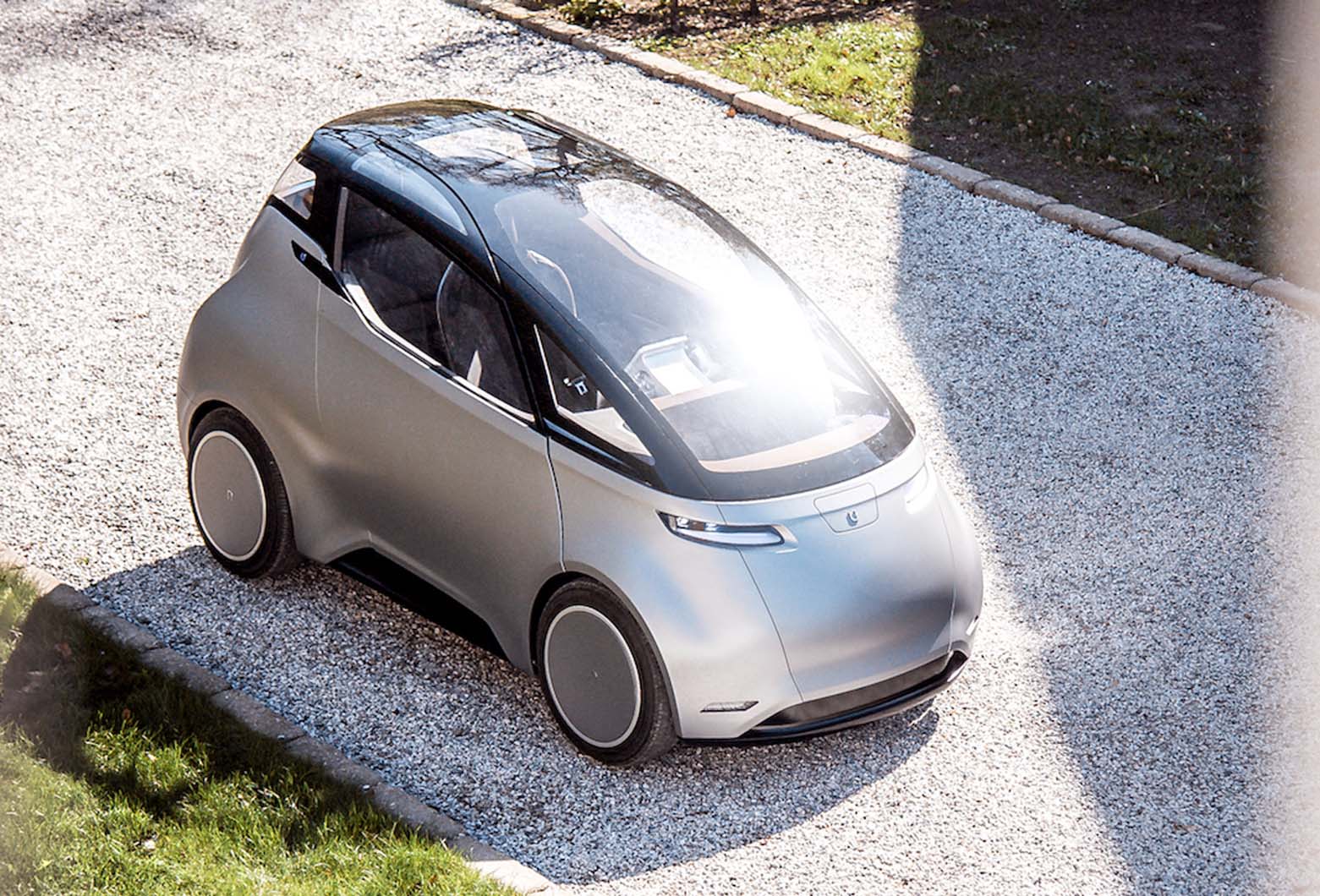The pilot plant is predicted to create 100-150 jobs within Uniti, a number that will increase once partners supporting the production ecosystem are taken into account.
Uniti has ambitions to become a “major player” in the British EV market over the next few years and plans to establish a London office that will ensure the necessary capital is raised to meet its tight time goals.
Today’s announcement comes at a tough time for the British car industry, with the uncertainty surrounding Brexit leading other manufacturers to look farther afield for their production facilities. Jaguar already builds the I-Pace electric SUV in Austria, and Dyson has just confirmed that its first electric vehicle will be manufactured in Singapore.
The Uniti One will go on sale in late 2020, priced from €14,900 (£12,980).
Uniti has worked with several companies, including energy supplier E.ON, which is offering its customers five years’ worth of free energy to charge a Uniti at home.

The brand claims that the One will produce 75% less CO2 over its lifetime – from manufacturing to disposal – than a conventional vehicle. CEO Horne said the electric vehicle, developed as part of a three-year programme, is made from recyclable carbonfibre and organic composite materials to reduce its environmental impact.
Horne explained that these materials can be manufactured via a fully automated process and described the car’s structure as “scalable”, with two, four and five-seat variants planned for production.
Uniti aims to supply each market from within that market, using automated production centres and digital twinning technology supplied by Siemens. This would allow assembly line schematics to be shared anywhere in the world, to set up plants with enough capacity to fulfil the production demand of a particular market. The entire production line would be automated, with staff mainly focused on quality control at the end of the process.
The proposed system would provide a more environmentally friendly alternative to the traditional manufacturing process, which relies heavily on transportation networks to distribute cars from a single central production facility.
While originally conceived as a quadricycle, the One is now classed as an M1 passenger car, and must pass safety tests. The company is working with the nearby Millbrook proving ground on virtual crash testing, in an effort to further reduce environmental impact. Currently there are several tests that can’t be simulated, and legislation would need to be changed before they could replace traditional crash tests.
